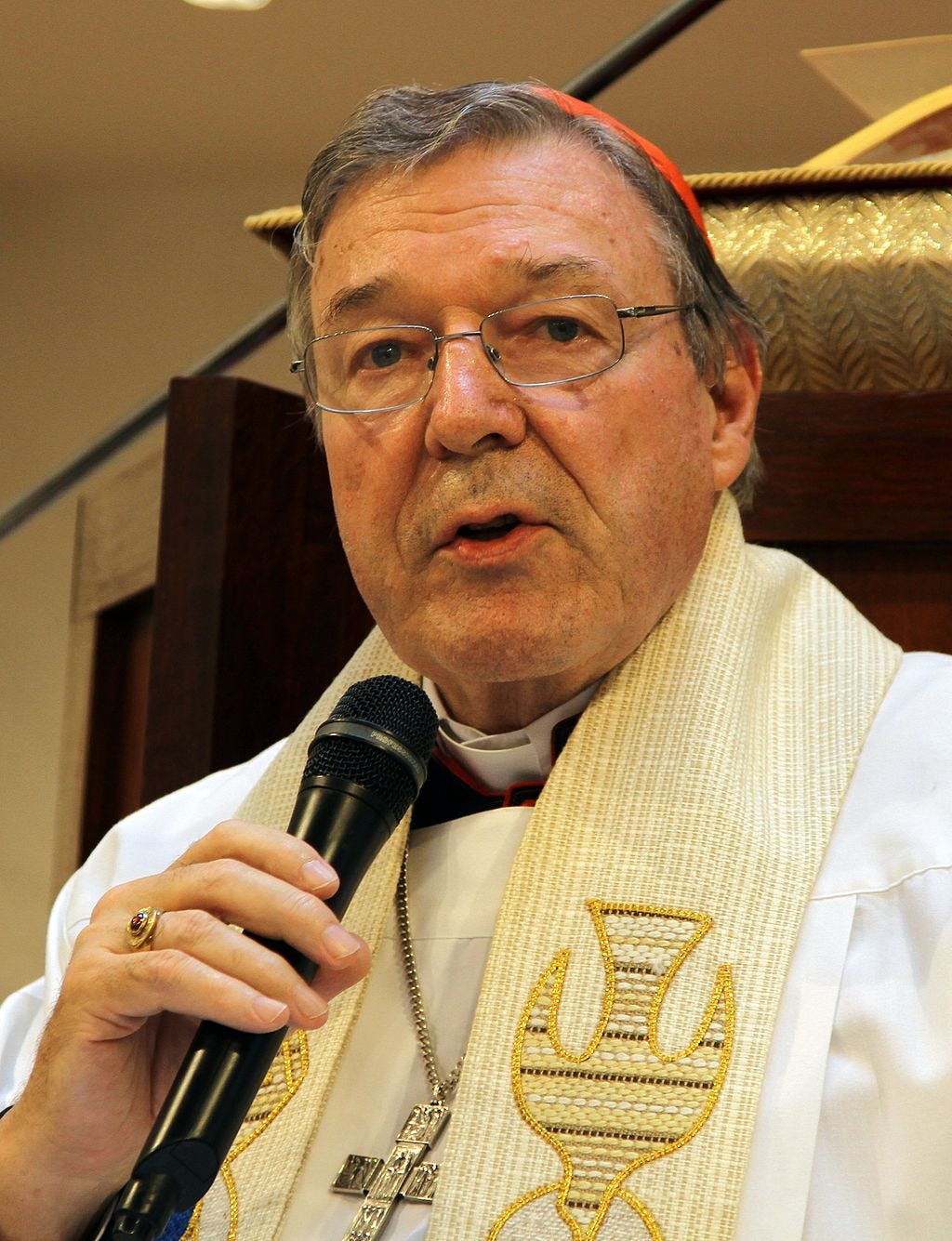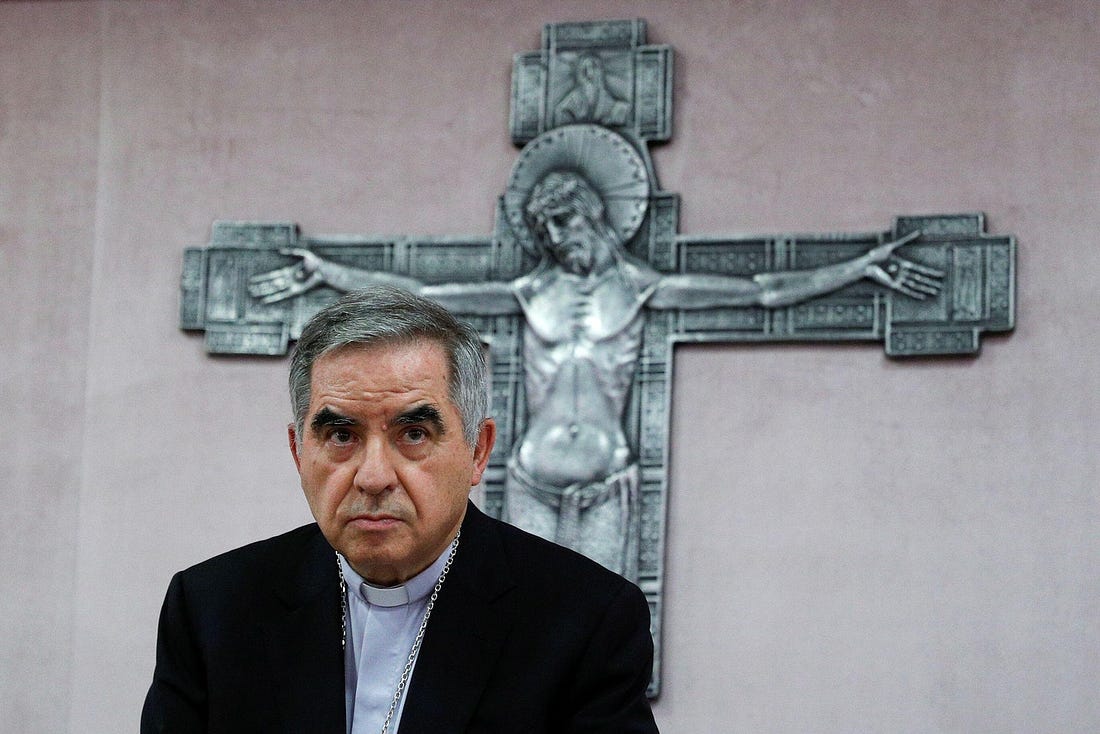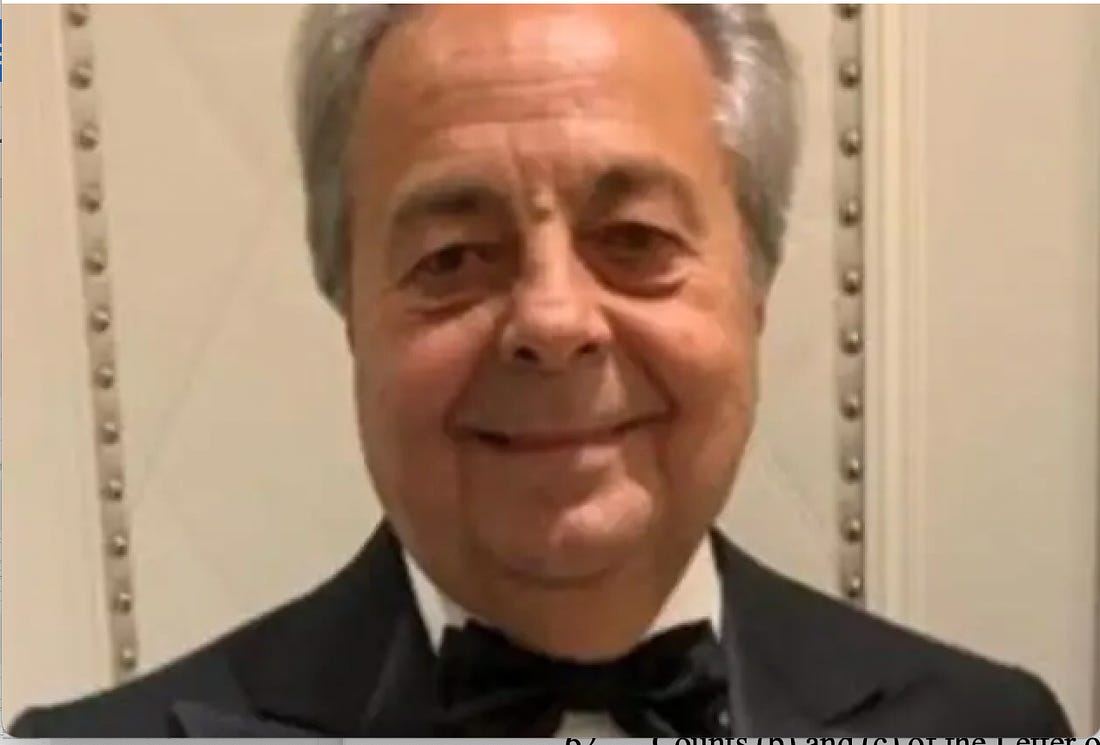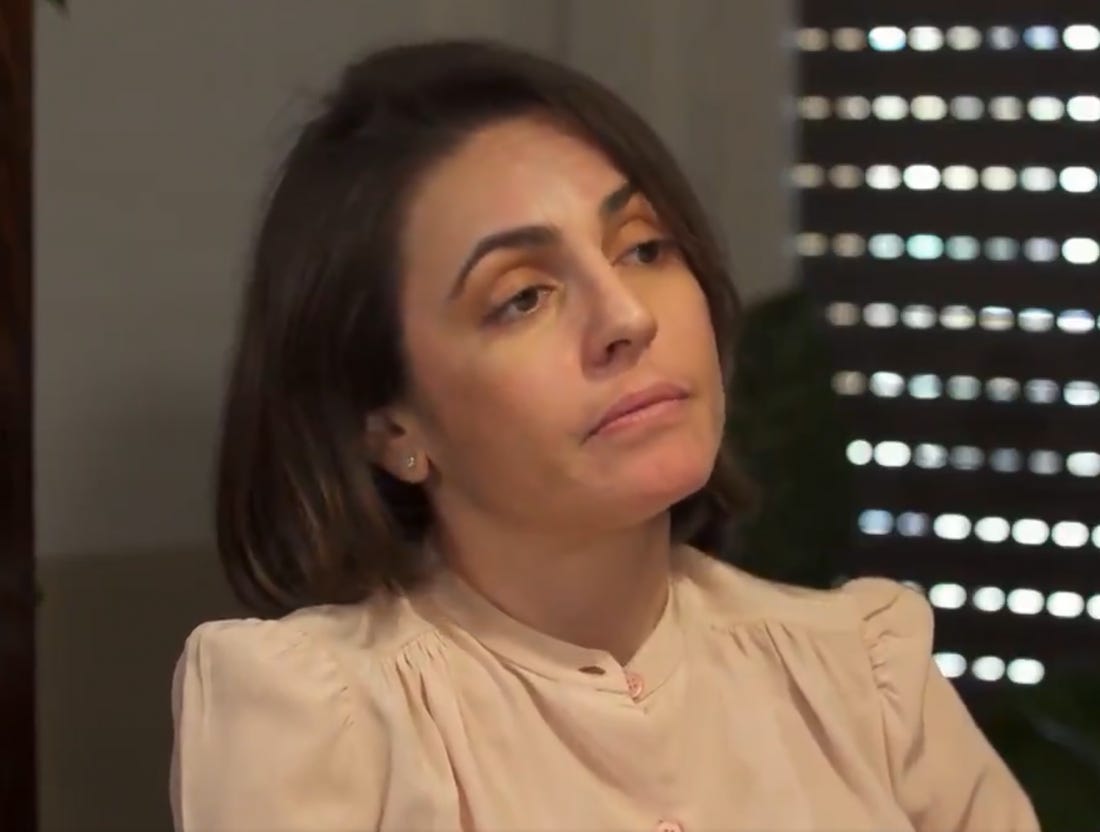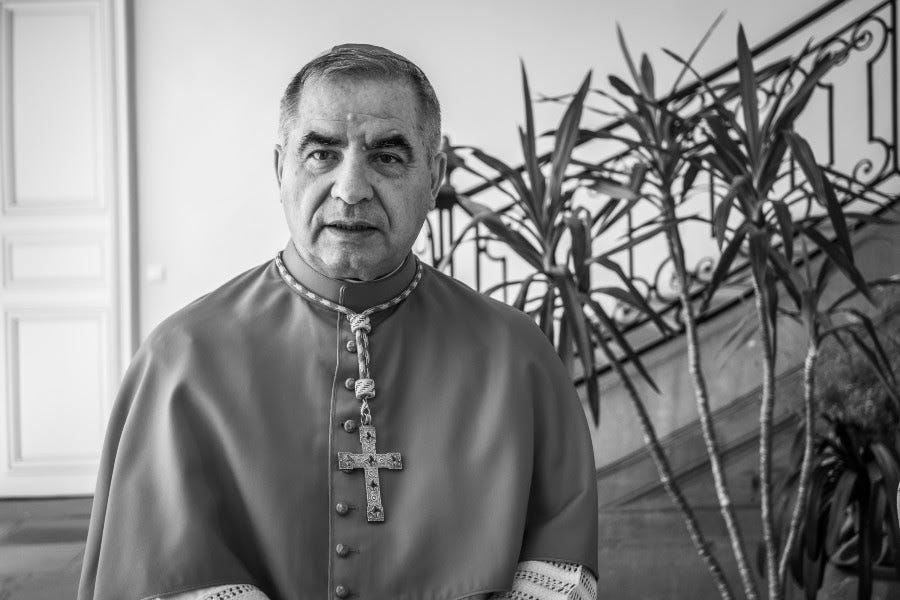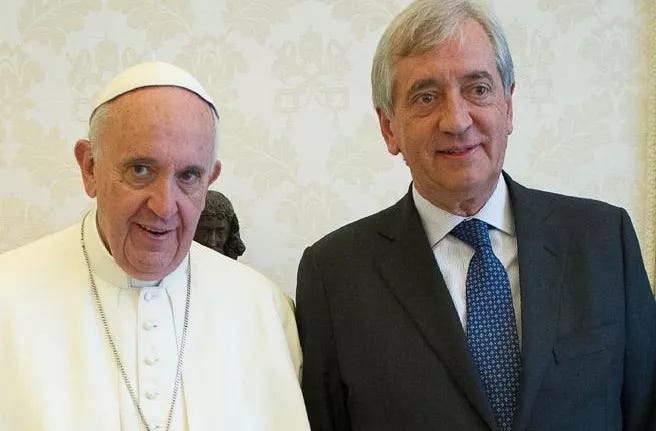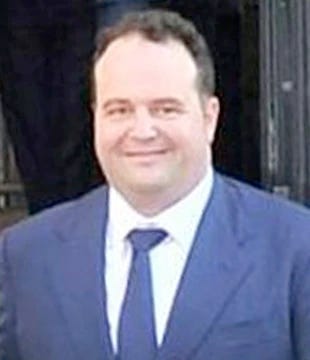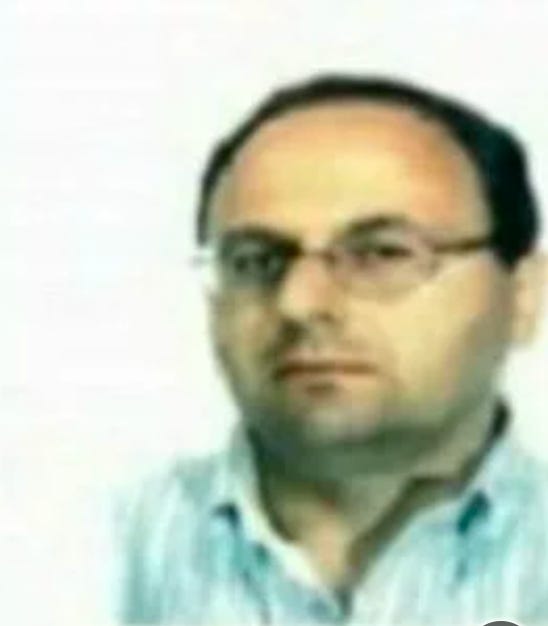(ITALY)
The Pillar [Washington DC]
December 9, 2021
The Vatican financial scandal is about to enter its fourth year. Keeping all the names, dates, and details straight can be complicated.
You can read a brief history of the London property deal which kicked off the scandal here, and a who’s who of the people charged in the ongoing trial in Vatican City here.
That trial is set to resume next week. And even if you’ve been following it closely, the twists and turns are enough to confuse anyone.
So to help you get up to speed on what’s happened so far, here’s The Pillar’s Vatican Finance Scandal timeline, taking you back almost a decade, to when the whole thing was just a glint in some money manager’s eye:
2014
New sheriff in town
Pope Francis appoints Australian Cardinal George Pell as the prefect of the Vatican’s new Secretariat for the Economy. Pell’s mandate is to bring transparency and accountability to curial finances, after a series of Vatican financial scandals unfolded during the papacy of Pope Benedict XVI.
Francis issues new laws which say that Pell’s department “is directly responsible to the Holy Father and is competent for the economic control and vigilance over” all the departments of the Roman Curia, and Vatican City.
Pell circulates a new rulebook of Vatican financial management policies, approved by Pope Francis. The new rules come into force in January 2015.
At the end of the year, Pell announces that a preliminary audit of curial finances has found nearly 1 billion euros “tucked away” off-books, in unmonitored accounts and investments. Pell says that enhanced accounting practices and transparency will help bring the Vatican in line with international standards, and boost the Holy See’s finances.
Meet Mr. Mincione
The Vatican’s Secretariat of State, under sostituto Archbishop Angelo Becciu and his deputy Msgr. Alberto Perlasca, invests 200 million euros with businessman Raffaele Mincione.
The Vatican officials were introduced to Mincione by Credit Suisse banker Enrico Crasso.
The money invested by the Vatican comes from loans given by two Swiss banks — Credit Suisse and BSI. The Secretariat of State was able to get the loans by using as collateral other Vatican funds and assets held on deposit with the same banks, including charitable funds like Peter’s Pence.
The borrowed money was invested in the Athena Global Opportunities Fund, which was created by Mincione to manage the Vatican’s investment with him. Mincione used Vatican funds to invest in his other businesses and projects. He gave his businesses no-penalty loans, while at the same time charging the Vatican millions of euros in performance and management fees.
The biggest investment Mincione made on the Vatican’s behalf was a 45% stake in a London property at 60 Sloane Ave. The building had already been owned by Mincione through another of his companies.
The Vatican’s 45% investment in the building cost 180 million euros, which is more than Mincione paid for the entire building only two years before.
Also in 2014, Enrico Crasso leaves Credit Suisse and sets up his own investment company, the Secretariat of State becomes one of his largest clients.
2015
Getting audited
Libero Milone is hired to be the first-ever auditor general of the Vatican by Pope Francis. His mandate is to examine the financial records of every curial departments — a job no one has been given previously in the Church’s history.
Milone’s office and Pell’s Secretariat for the Economy inspect the investments of the Secretariat of State.
They discover an attempt to conceal the Secretariat’s loans from the Swiss banks and the investment with Mincione.
According to senior officials in the Secretariat for the Economy, the supposed value of the investments with Mincione is used to zero out the debts of the outstanding loans at Credit Suisse and BSI, so that neither a balance nor a debt is shown.
This an accounting move effectively masked the entire arrangement on the Secretariat of State’s ledger. The accounting tactic used by the Secretariat had been expressly prohibited in the 2014 Francis-approved policies circulated by Pell.
Vatican officials have told The Pillar that Becciu ordered the illicit accounting maneuver, and blocked oversight of the department’s finances by Pell and Milone.
In December, Pell contracts the international accounting firm PriceWaterhouseCooper to audit the entire Roman Curia, aiming to bring every Vatican department’s budget, assets, and investments onto a single balance sheet.
Secret agent lady
Cecilia Marogna, a self-styled “global security analyst” writes to Archbishop Becciu offering her services to the Secretariat of State as a consultant. He meets with her and agrees to work with her.
Marogna later states she helped negotiate the release of kidnapped priests and religious in trouble spots around the world, and also worked as a private spy for Becciu, gathering incriminating information on other Vatican officials.
Milone reports to the Vatican gendarmes that there is evidence his offices and phones are being bugged, and that his team’s computers have been infected with spyware. No action is taken.
2016
Turf war
In a memo circulated to all curial departments, Archbishop Angelo Becciu announces that plans for the PwC audit have been suspended. The memo generates controversy because neither Becciu nor the Secretariat of State has the legal authority to cancel the audit, or to override decisions from Pell’s department.
After weeks of behind-the-scenes argument about the announcement, Pope Francis sides with Becciu and the audit is canceled permanently.
At the same time, a recurring meeting between Pope Francis and Libero Milone is canceled. Milone is told he can only see the pope through Becciu’s office at the Secretariat of State — and Milone never meets with the pope again.
Closing time
BSI is the subject of a damning report by FINMA, the Swiss financial regulator, which concludes that the bank has made “serious breaches” of anti-money laundering rules over a period of years, especially in relation to its dealings with clients with sovereign status — like the Holy See.
BSI is ordered to close and its accounts are absorbed by another bank. Its chief officers are banned from holding senior roles after the acquisition.
New deal
Enrico Crasso’s investment company, Sogenal, launches the Centurion Global Fund, into which the Secretariat of State invests as much as 70 million euros. Crasso uses the money to invest in projects like the Hollywood biopic of Elton John “Rocketmen.”
The fund charges the Vatican millions of euros in management fees, despite losing money. It shares an address, office, and phone number with the fund’s Malta-based manager, Gamma Capital, owned by Enzo Filippini, former head of the treasury department for BSI. Over the next two years, Gamma processes all its trades through Swiss banks linked to allegations of fraud and money laundering.
Meanwhile, in Australia
Becciu begins authorizing payments of hundreds of thousands of euros to a company in Melbourne, Australia.
Police in Victoria, Australia, announce an investigation into accusations of sexual abuse against Pell from his time as Bishop of Melborne, and fly to Rome to interview the cardinal.
2017
Watching the watchman
Libero Milone is interrogated for 12 hours by Vatican police on orders of Archbishop Becciu. He is accused of conducting financial investigations “in clear violation” of his mandate, even though his office has explicit authorization to investigate all Vatican departments and offices. He is told he has been under investigation for months.
At the end of the meeting, he is forced to resign.
Becciu states that Milone “went against all the rules and was spying on the private lives of his superiors and staff, including me.” “If he had not agreed to resign, we would have prosecuted him.”
Milone says he was forced out of the Vatican after he found evidence of criminal misconduct by senior officials.
Pell goes Down Under
Cardinal Pell takes a formal leave of absence from his job leading the Secretariat for the Economy to return to Melbourne to defend himself against accusations of sexual abuse.
The payments from the Secretariat of State to the Melbourne company, authorized by Becciu, continue through 2017 and eventually total more than 2 million euros. When news of the payments is reported years later, Becciu says the reason for the transfers is “classified,” but unrelated to Cardinal Pell.
The Secretariat for the Economy and the Office of the Auditor General are both left without leaders.
Spies like us
Cecilia Marogna presents herself to Italian intelligence officials with a letter of introduction from Becciu, offering to collaborate with them through Marogna on behalf of the Vatican. A file is opened but the relationship is deemed “fruitless” by the Italians, and no action is taken.
2018
Just two Italians living in London
Raffaele Mincione borrows tens of millions of euros from companies belonging to Italian businessman Gianluigi Torzi.
The money is borrowed against the value of shares in an Italian bank, Banca Carige, in which Mincione is trying to acquire a controlling interest. The takeover fails, the value of the shares collapses, and with it the collateral for the loans from Torzi.
Mincione begins investing Vatican money in debt products marketed by Torzi, including in a bond involving a company with mafia links, and two Catholic hospitals under Italian fraud investigations.
Moving on up
Pope Francis names Archbishop Becciu as the new prefect of the Congregation for the Causes of Saints and promotes him to cardinal. He is replaced as sostituto by Archbishop Edgar Peña Parra.
Despite leaving the Secretariat of State, Cardinal Becciu continues to order Perlasca to pay hundreds of thousands of euros to Cecilia Marogna, telling him that the matter is highly confidential and personally approved by the pope.
Found guilty
Cardinal Pell is convicted by a court in Australia of sexual abuse dating back to the 1990s on the strength of the testimony of a single accuser. Pope Francis declines to revoke his status as a cardinal, pending his appeal.
Bad deal
After examining the performance of the investments made by Mincione, and reviewing the millions of euros of management fees being charged by him, Peña Parra decides to close out the secretariat’s investment with Mincione. Because of the terms of the deal agreed under Becciu in 2014, early withdrawal from Mincione’s Athena fund comes with stiff penalties.
Mincione and the secretariat agree that the Vatican will forfeit all the funds invested through the Athena fund in exchange for ownership of the London building. The secretariat will also assume responsibility for a 150 million euro loan attached to the building — meaning that the building costs them a total of 350 million euros.
On a recommendation from Enrico Crasso and others, the Secretariat of State appoints Gianluigi Torzi to act as its middle man to take ownership of the building.
Gutt-ed
In November, Torzi arranges to convey ownership of the building through his Luxembourg holding company, Gutt SA. Once the building is acquired by Gutt, Torzi names Fabrizio Tirabassi, a lay official working at the Secretariat of State advising on investments, as one of the company directors, removing him again a few weeks later.
It later emerges that Tirabassi has a side-deal with a Swiss bank, paying him “finder’s fees,” potentially worth million, for steering Vatican business their way.
At the same time, Torzi restructures shares in Gutt, creating a new class of 1,000 voting shares, which he keeps, while passing along 30,000 ordinary shares to the secretariat — leaving Torzi with effective control of the company and building.
At this point, he claims, Msgr. Perlasca calls for the secretariat to file a legal complaint against Torzi, Mincione, and everyone else involved in the deal but, he says, he is sidelined by Peña Parra who blames him for structuring the deal in the first place.
Torzi meets with Crasso and Tirabassi in a Rome hotel to discuss the situation. In a leaked recording of part of the meeting, Torzi can be heard demanding an additional 10 million euro Vatican investment in the same bond Mincione invested the Vatican in earlier in the year in exchange for control of Gutt.
Torzi later claims that Crasso and Tirabassi threatened him, and his family, if he didn’t turn over control of the building to Crasso via the Centurion Fund, and that over the course of their business dealings for the Vatican, Tirabassi had boasted of blackmailing both Peña Parra and Becciu.
Pope Francis in the middle
Pope Francis grants a private audience to Gianluigi Torzi and his family the day after Christmas.
Torzi is later paid an additional 15 million euros in exchange for control of Gutt and the London building.
2019
The system working
Now in full control of the London building, Peña Parra asks the IOR, a Vatican bank, to refinance the 150 euro mortgage on the building. Cardinal Pietro Parolin writes to the bank’s president, Jean Baptiste de Frannsu, stressing that the loan is of the highest priority for the Holy See.
Pope Francis authorizes a series of raids on offices in the Secretariat of State, and on the AIF — the Vatican’s internal financial watchdog — as part of the investigation. Several members of Secretariat staff, including Tirabassi, are suspended.
Francis also appoints Fr. Juan Antonio Guerrero Alves, SJ, as the new prefect of the Secretariat for the Economy, the first time the department has had permanent leadership since Pell’s departure two years prior.
Msgr. Perlasca is reassigned out of the Secretariat, and made a prosecutor at the Vatican’s supreme canonical court.
Party over
After media reports on the fund’s investments and performance, Pope Francis orders the Secretariat of State to liquidate its investment in Crasso’s Centurion Global Fund, and the Vatican investigation is broadened to include Crasso and Centurion.
Everything is fine
In the fallout of the raids, Cardinal Parolin and Cardinal Becciu make several statements defending the London deal, calling it accepted practice. They insist that any investigation into the secretariat’s finances will prove nothing illegal or untoward was done.
2020
Still in the game
With the investigation ongoing, and despite having no role in the Secretariat of State or in its financial affairs, Cardinal Becciu presents a plan from a group of businessmen offering to buy back the London building at the price the Vatican paid for it. The proposal is rejected by Peña Parra.
Going on the record
Vatican prosecutors raid the home and office of Msgr. Perlasca, who offers to give a series of extended statements to investigators, walking them through the London deal and the financial dealing of the Secretariat of State. These interviews are recorded.
Arresting developments
Gianluigi Torzi is arrested in Vatican City on charges of fraud, extortion, money laundering and embezzlement. After being detained in custody for more than a week, he is released after agreeing to post a 3 million euro bond. Torzi fails to post the bond and flees to London.
Vatican prosecutors issue an arrest warrant for Cecilia Marogna on charges of embezzlement and begin extradition proceedings in Italy.
Search and seizure warrants are issued by Vatican authorities, and served with the help of Italian police and magistrates on Raffaele Mincione and Fabrizio Tirabassi. Mincione files lawsuits in London against the Secretariat of State, asking a judge to rule he acted in good faith in his business with the Holy See.
Prosecutors meet with Pope Francis and present a dossier of evidence against Cardinal Becciu concerning a range of possible financial crimes. The pope orders Becciu to resign the rights and privileges of a cardinal and sacks him as head of the Congregation for the Causes of Saints.
Cardinal Pell’s conviction is overturned by Australia’s High Court. After his release, he praises the pope’s playing of a “long game” in cleaning up Vatican finances and releases his prison diaries which confirm much of the reporting on the financial scandal, contradicting public statements from secretariat officials like Becciu.
Francis closes the year by stripping the Secretariat of State of its financial portfolio. The pope orders the Secretariat to turn over control of all assets to APSA, with oversight by Pell’s old department.
2021
The only thing worse than not being talked about
Mincione announces a lawsuit against an Italian newspaper for its coverage of his role in the Vatican financial scandal claiming it has caused him “considerable distress and embarrassment.”
Mincione’s new suits follow similar actions taken by Becciu at the end of the previous year; the cardinal claims unfavorable media coverage cost him his chance to be pope and seeks 10 million euros in damages.
Things are getting ‘imminent’
Vatican prosecutors are forced to drop their extradition request for Cecilia Marogna, after it becomes clear an Italian appeal court will deny it. Instead, they announce that Marogna will be charged in an “imminent” trial of her and her “co-conspirators” in the Vatican.
It also emerges that, before the extradition process was abandoned, Italian authorities handed over Marogna’s mobile phone to Vatican prosecutors — she is reportedly a “compulsive accumulator of documentation” who “never erases anything.”
Italian prosecutors announce their own charges against Torzi, alleging tax evasion, money laundering, and fraud against him in relation to the extra 15 million euros he (allegedly) extorted from the Vatican. Italian magistrates broadly side with the Vatican’s claims that senior officials were duped into the London deal by external businessmen and advisors.
They file for Torzi’s extradition from the UK.
With speculation about who, if anyone will actually be charged in the Vatican, judges at its court announce they are building a special, super-sized courtroom to accomodate an upcoming trial, and a new judge is appointed to the court — an expert in real estate and contract law.
Meanwhile, in London
A UK court rules against Torzi in a lawsuit brought by an Italian insurance company. Torzi’s company has defaulted on a payment plan meant to reimburse the company for 26 million euros in missing government bonds.
In a separate decision, another UK court lifts an asset freeze placed against Torzi on request from the Vatican, where he’s still wanted for skipping bail. The judge is scathing about mistakes made in the case by Vatican prosecutors.
In that case, Torzi argues that his plan for the restructuring of Gutt’s shares was approved in detail by officials at the Secretariat of State, including Cardinal Parolin. He also alleges he was on the receiving end of blackmail, threats of violence, and a host of other lurid activity from officials at the secretariat.
But, in a third UK legal case, Torzi is arrested on the warrant issued by Italian prosecutors and the process for his extradition starts.
While an Italian appeal court orders some of the charges against Torzi to be revisited, citing a reliance on evidence gathered by Vatican prosecutors, the warrant stands and a UK judge clears the way for his extradition back to Italy.
Semper reformanda
Pope Francis issues a series of changes to how the Vatican legal system operates, creating new rules for dealing with absentee defendants.
The pope also approves new anti-corruption rules for all curial officials, with provisions that appear pointedly aimed at some of the major players in the Secretariat of State’s financial scandal.
Two days later, he clears the way for cardinals, like Becciu, to stand trial in the Vatican City’s ordinary court, ending centuries of legal privilege.
The pope also appoints a new permanent auditor general for the Vatican, finally filling the post left vacant after Milone was forced out in 2017. But officials there, and at Pell’s old department, the Secretariat for the Economy, complain that the Secretariat of State still haven’t complied with the Pope’s order for them to turn over control of their assets and investments to APSA.
Following Francis’ reform, Moneyval, the Council of Europe’s anti-money laundering watchdog, issues a long-awaited report on Vatican financial institutions, highlighting an under-staffed and under-resourced prosecutor’s office and the danger of internal corruption by senior officials.
Everyone gets their day in court — everyone
A surprise inclusion is Rene Bruelhart, the former president of the Vatican’s Financial Information and Supervisory Authority, a widely respected banking reformer. It later emerges that he had a side deal with the Secretariat of State, paying him hundreds of thousands of euros to advise them on their own investments, like the London deal.
The pre-trial phase of hearings begins, with lawyers arguing that prosecutors must be made to turn over the full video recordings of Perlasca’s statements to prosecutors. Prosecutors warn that if the defense gets the tapes, they will leak.
After months of wrangling, prosecutors agree to reopen their investigation against some of the defendants, including Mincione, and to turn over the Perlasca tapes, which leak to the press.
All’s well that ends…
It is reported the Vatican will sell the London building for a 100 million euro loss.

